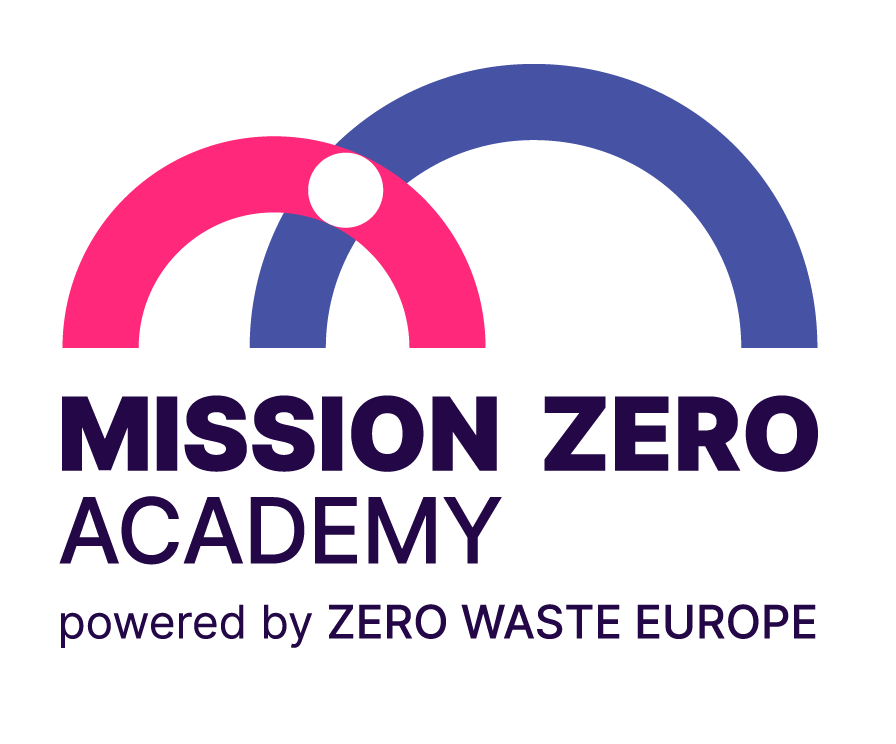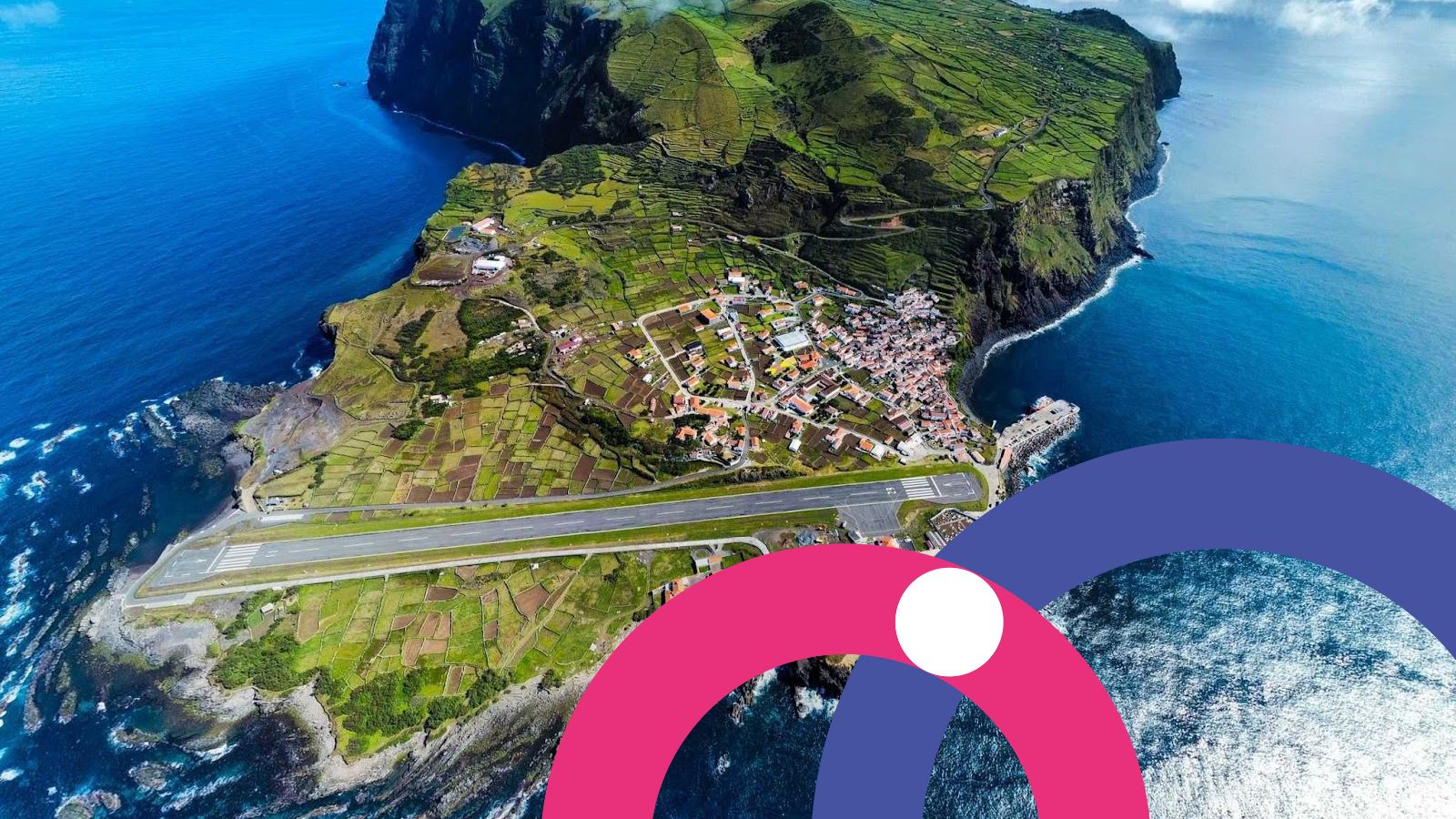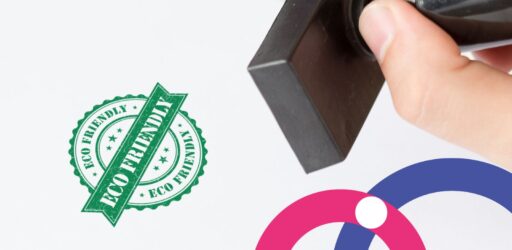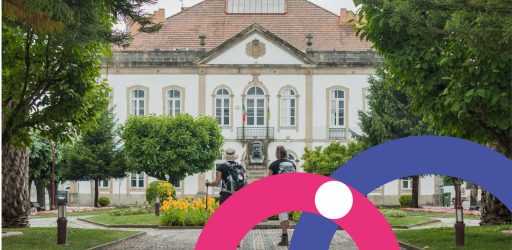Corvo, 6 May – Corvo becomes the first island municipality in Portugal to commit to becoming a zero-waste-certified city.
The Municipality of Corvo has signed a commitment to attain Mission Zero Academy’s (MiZA) Zero Waste Cities Certification, which aims to promote sustainable economic development strategies while also preserving and conserving nature, and actively involving local populations in the process.
One of the major aims will be to reduce inter-island transport of municipal solid waste (MSW), aligned with the certification’s aim to promote the prevention, reuse and recycling of waste. Transport of MSW between neighbouring Flores island Terceira island is a significant concern as the main waste processing centre and incinerator is located on Terceira.
The first phase of the certification focuses on preventing the transportation of bio-waste from Corvo to other islands. To achieve this, a door-to-door collection system will be implemented along with the establishment of several community composting units. Citizens will be provided with containers for bio-waste, including a 7-litre ventilated bin for the kitchen and a 40-litre container for disposal on the street, as well as sets of compostable bags. These containers will be distributed with user identification to monitor correct waste separation by each family, as well as companies. The workers in charge of collection will send the waste to active composters on the established schedule. The same team will also receive specific training to monitor the correct functioning of the composters.
Ismael Casotti, Project Manager of Zero, states:
“The municipality plans to renew its collection fleet by acquiring two low-emission vehicles and all the necessary tools to support waste management activities. They will also purchase a bioshredder to manage biodegradable matter from gardens and parks, which will serve as structuring material for the composters. Furthermore, an intense awareness campaign will be carried out during the distribution of new containers. The campaign aims to inform residents about their civic duties regarding waste management while facilitating everyday actions without compromising environmental sustainability.”
The current undifferentiated flow of bio-waste can be diverted to a new high-efficiency door-to-door collection system. This system will incorporate user identification to monitor participation and encourage the proper disposal of recyclable waste. As a result, the quantity and quality of recyclable waste will increase, which will ultimately support the work of waste reuse, repair, and prevention.
The “Corvo Zero Waste” project is being implemented in phases, with the first phase focusing on expanding waste collection to include textiles, construction materials, electrical waste, used cooking oils, and bulky items, which can be deposited at designated points. Additionally, textiles in good condition can be donated for reuse. In the subsequent phase, initiatives supported by the local cultural and environmental association Corvo Vivo will be introduced to promote waste prevention and prepare items for reuse. Notably, Corvo is the first municipality in a region with a ‘Biosphere Reserve’ status to be recognized by UNESCO, highlighting its commitment to sustainability.
The island is launching several sustainable initiatives to promote a circular economy and reduce waste. These include establishing a repair café and workshop for fixing various items like household appliances and sports equipment, alongside hosting cultural events to encourage community engagement. Additionally, a “library of things” will allow residents to borrow tools and equipment, reducing the need for importing goods. A diaper reuse system will be implemented in island institutions and schools, saving tons of non-recyclable waste. Plans are also underway for a packaging deposit and refund system and monitoring of events to minimize disposable packaging usage.
The “Corvo Zero Waste” project will be monitored by ZERO, and the local environmental association will have the support of Corvo Vivo.
ENDS
Notes to the Editor
- The Zero Waste Certification is made up of 5 steps: (i) the expression of interest in being Zero Waste by the municipality, (ii) the commitment to be Zero Waste, (iii) the implementation of this system, (iv) its certification and (v) the performance of annual improvements. The overcoming of each of these steps is given with the support and advice of expert entities in the fields of waste and resource management. The evaluation for certification is developed around a scoring system, which includes mandatory criteria and optional scoring criteria.
- Scoring criteria are scored based on the ambition and impact of each implemented policy. The sum of the points defines the level of certification of the municipality and its subsequent number of ‘stars’.
- Subsequent to Certification, municipalities must monitor their activity and make annual improvements to enhance the results achieved. Every 3 years they are subject to new audits.
Press contacts
Sean Flynn, Media Outreach & Communications Officer at Zero Waste Europe, sean@zerowasteeurope.eu or news@zerowasteeurope.eu / +32 471 96 55 93
Ismael Casotti / ismael.casotti@zero.ong / +351 912 777 618





